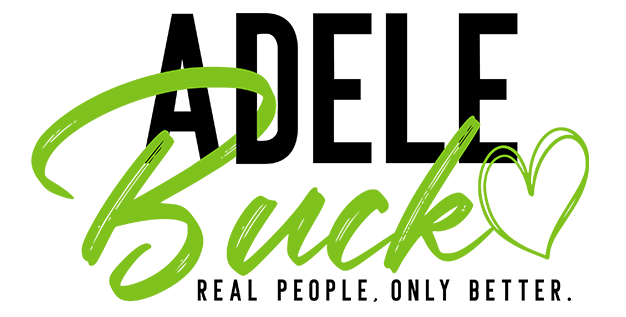At the RWA National Conference in Denver this year, the prolific and fierce Suzanne Brockmann received the Nora Roberts Lifetime Achievement Award. I, personally, was thrilled. Not only because I love her work, but because the fact that she was going to be in the same place as I was gave me a chance to meet her.
And when the time came, I had zero chill, let me tell you.
Um. Can you tell I cried when I met @SuzBrockmann? She and @JasonTGaffney were so gracious. pic.twitter.com/08iNUjfYos
— Adele Buck 📚🇳🇴 is home from #RWA18 (@_AdeleBuck) July 21, 2018
She gave a barn burner of an acceptance speech. If you haven’t read it, I encourage you to do so. And we now have video of the speech (the video is of the entire Rita ceremony, but I’ve queued it to begin with her son Jason’s introduction).
Apparently (what a surprise) there are people who took issue with her message of inclusion. So to counteract the inevitable “I want to speak to your manager” letters, I sent the following to RWA:
Dear RWA Board:
I am writing today in full-throated, unequivocal support of Suzanne Brockmann’s speech as she accepted the Nora Roberts Lifetime Achievement Award last week at the RWA annual meeting in Denver.
I am aware that there are voices in opposition to her speech. I wonder if they have read her books. Her books are inclusive. They grapple with people who were complacent with the status quo and overcome it. They do this in a human and imperfect manner. I, for an example, didn’t love Mary Lou Starrett. In fact, I hated her. And yet, I felt for her. And that is GREAT. It speaks to Suzanne’s mastery of craft and humanity. I don’t react to her characters on an intellectual level only. I react to them on a human level.
As Jane Austen said when she wrote EMMA, “I am going to take a heroine whom no one but myself will much like.”
I suspect Suzanne feels the same way about Mary Lou, who begins as an avowedly racist woman and (through the course of a few books and a lot of learning) comes to love a dark-skinned Muslim man. And he, in turn, sees her for who she is and loves her.
And that is one of the many reasons why, when I listened to Suzanne’s speech a few nights ago (and rose to my feet on numerous instances), I believed that RWA was heading in the right direction. Because by giving this award to Suzanne, it showed that we, too, can change and grow.
Looking at social media, I also wonder how a message of inclusion can be interpreted as excluding anyone. But I see that again and again.
But perhaps that question should lead us to ask a bigger (though certainly not novel) question: why are we flinching when white women (which I am) cry foul and play victim with tedious regularity when others are hurt by our actions? Why would we center our attention, our care, on women who look like me, to the exclusion of others? Why, in the words of Suzanne’s speech, should the phrase, “We’ll get letters” inspire terror? Just as tolerance does not imply that we should tolerate the intolerant, inclusivity does not imply bending over backwards to keep in the fold those who would seek to exclude.
Someone on Twitter said, and I’m paraphrasing, that only Suzanne’s speech could have followed Ms. Bev’s from last year. I believe that is true. Because Ms. Bev spoke to her own struggle and her own truth. Her words flowed from a touchstone of her own experience. And that is an impossible act to follow.
And yet, in her speech, Suzanne didn’t center herself. Yes, she had her own truth. But it was not centered wholly in her experience. She looked outside herself. She spoke not only about others’ injustice: she talked about how she herself would have done things differently in the past. She didn’t paint herself as a perfect ally. She admitted her struggles and her mistakes and some of the trade-offs she grappled with.
She showed us that we can be imperfect and move forward to make a more perfect RWA. She showed us that we can look at our past, at our failures, and make amends as we make a positive change in the future.
Suzanne Brockmann deserved every single standing ovation she got during that speech. And there were at least three.
I suppose I can boil all this down to a single, blunt statement:
If a message of inclusivity makes you feel excluded, the problem is not with RWA, it is with you.
Most sincerely,
Adele Buck
If you found this inspiring, please also listen to Sonali Dev’s beautiful speech at the librarian and blogger’s luncheon.

Well said! An important letter to be written, I think. I am hoping the membership, in a roar of approval, manages to deaden the sound of those who don’t agree. RWA is starting to move in the right direction.
Thank you very much.
Nice post. I sent the board a much shorter letter to support Suzanne.
Thank you.